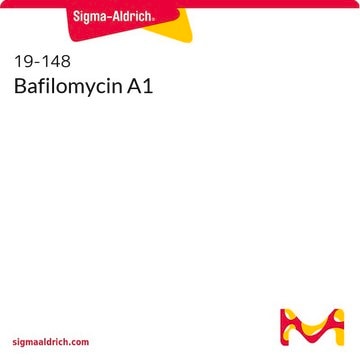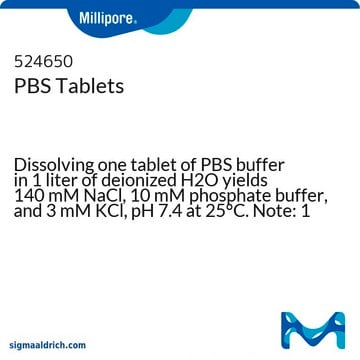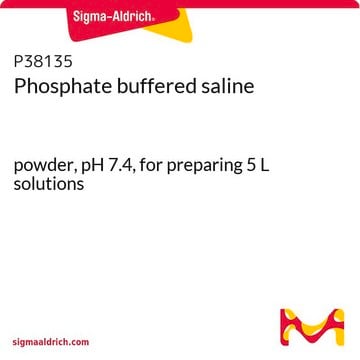09-1110
Ethyl hexanoate
SAJ special grade, ≥99.0%
Synonym(s):
Caproic acid ethyl ester, Ethyl caproate
About This Item
Recommended Products
grade
SAJ special grade
vapor density
5 (vs air)
Assay
≥99.0%
availability
available only in Japan
refractive index
n20/D 1.407 (lit.)
bp
168 °C (lit.)
density
0.869 g/mL at 25 °C (lit.)
SMILES string
CCCCCC(=O)OCC
InChI
1S/C8H16O2/c1-3-5-6-7-8(9)10-4-2/h3-7H2,1-2H3
InChI key
SHZIWNPUGXLXDT-UHFFFAOYSA-N
Looking for similar products? Visit Product Comparison Guide
Signal Word
Warning
Hazard Statements
Precautionary Statements
Hazard Classifications
Flam. Liq. 3
Storage Class Code
3 - Flammable liquids
WGK
WGK 1
Flash Point(F)
127.4 °F - closed cup
Flash Point(C)
53 °C - closed cup
Personal Protective Equipment
Certificates of Analysis (COA)
Search for Certificates of Analysis (COA) by entering the products Lot/Batch Number. Lot and Batch Numbers can be found on a product’s label following the words ‘Lot’ or ‘Batch’.
Already Own This Product?
Find documentation for the products that you have recently purchased in the Document Library.
Our team of scientists has experience in all areas of research including Life Science, Material Science, Chemical Synthesis, Chromatography, Analytical and many others.
Contact Technical Service








